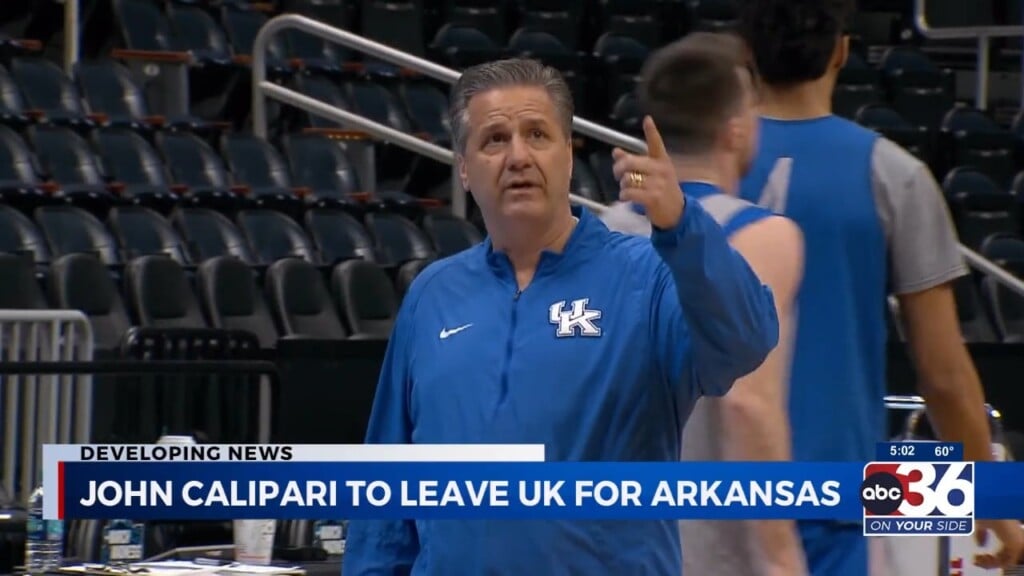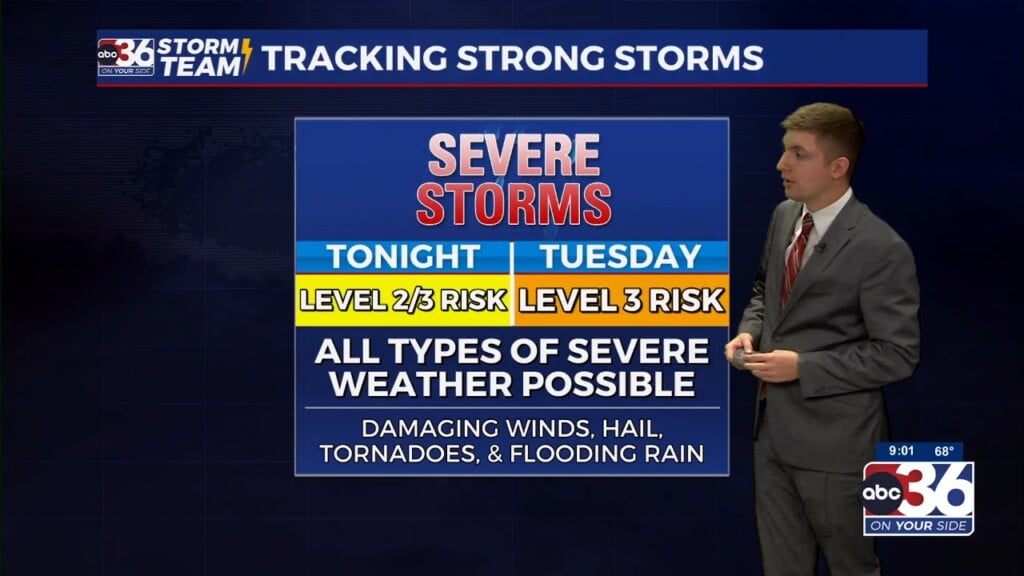Ky.’s high court vacates student’s drug conviction
On Thursday, Kentucky’s Supreme Court said the officers weren’t allowed in the house in the first place.
It was an unlawful entry, according to the Supreme Court brief published Thursday. Police never had permission to enter the Delta Tau Delta fraternity near UK’s campus and then search the then sophomore’s room.
It was during the 2010 fall semester and detectives were investigating a tip that UK student David Milam was selling marijuana.
According to the Supreme Court brief, police went to the fraternity house and went inside a door that officers said was open.
"They ran into a fraternity brother and said, ‘where is David Milam’s room?’ [It was] without a warrant, without permission, without being asked to, [and] walked in his room and found a very small quantity of marijuana,” Fred Peters, Milam’s defense attorney says. “[They] arrested and charged him for trafficking marijuana.”
Peters has been representing Milam since 2010. Since then, he’s taken the case all the way to Kentucky’s Supreme Court.
He specifically focused on the question, were police allowed to enter the open door?
“They don’t have a right to enter your residence unless they see a felony being committed or [have] a search warrant or unless somebody invites them inside,” Peters says. “They can’t just walk inside.”
According to the Supreme Court brief, officers believed the common areas of the frat house were like a hotel or apartment complex, something that is open to the public, and the police.
But the Supreme Court says it isn’t the same and the justices defined a frat house as a private residence.
The officers said in their statements that the door was open and that’s why they went inside. But in the brief, the justices said, "A citizen’s greatest fortification against government intrusion into his or her home is the fourth amendment itself, not a lock."
The fourth amendment of the United States Constitution prevents, “Unreasonable searches and seizures.”
"It just proves that the fourth amendment survives, it’s alive and well and that your home is still your castle,” Peters said.
Kentucky’s Supreme Court says the evidence discovered as a result of the detectives’ unlawful entry is to be suppressed, and they overturned Milam’s guilty plea.
Milam’s attorney says he believes the Commonwealth will drop the case because they no longer have any evidence.
University of Kentucky officials said it had no comment on the court’s decision.




Leave a Reply